
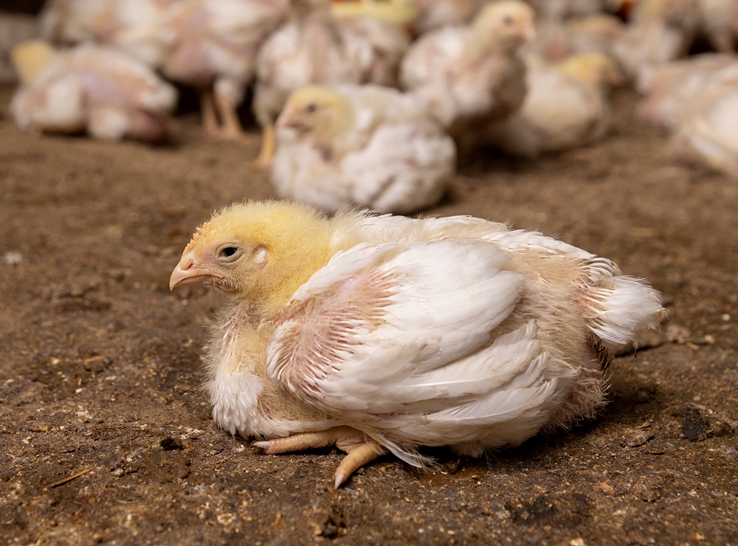
Bone and leg health issues are among the top five common concerns for broilers, noted Gigi Lin, DVM, DACPV, adding that “Lameness can indicate not only a potential disease issue but is a welfare and economic concern.” Lin, a veterinary consultant with Canadian Poultry Consultants, Ltd, was featured in the 2025 Canadian Poultry’s Broiler School Series webinar presentation, “Understanding and Managing Lameness in Broilers.”

Bone and leg health issues are among the top five common concerns for broilers, noted Gigi Lin, DVM, DACPV, adding that “Lameness can indicate not only a potential disease issue but is a welfare and economic concern.” Lin, a veterinary consultant with Canadian Poultry Consultants, Ltd, was featured in the 2025 Canadian Poultry’s Broiler School Series webinar presentation, “Understanding and Managing Lameness in Broilers.”

A new rapid testing method is helping poultry producers detect Salmonella faster and more efficiently than ever before. The method, developed by Ceva Animal Health, dramatically shortens turnaround time while reducing testing costs by nearly two-thirds, according to James Mills, scientist at Ceva Animal Health.
[random-sponsor]

A new rapid testing method is helping poultry producers detect Salmonella faster and more efficiently than ever before. The method, developed by Ceva Animal Health, dramatically shortens turnaround time while reducing testing costs by nearly two-thirds, according to James Mills, scientist at Ceva Animal Health.
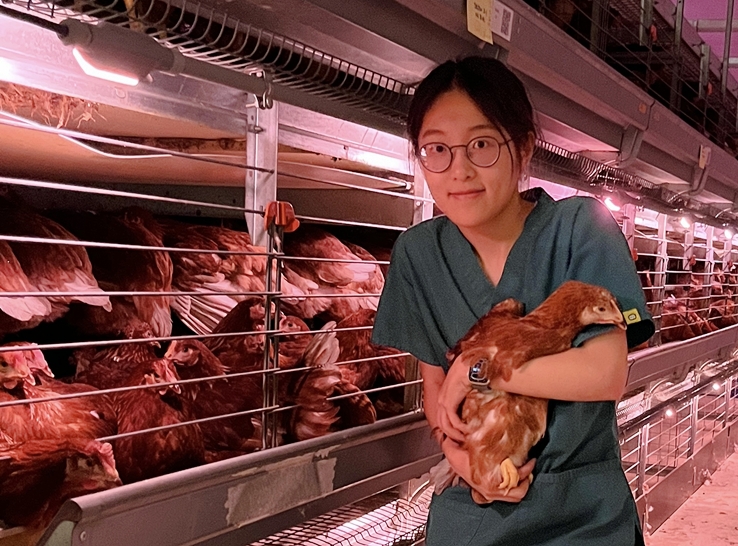
A “Rising Stars” article
by Xiaowen Ma, MS
Department of Animal Science
Michigan State University
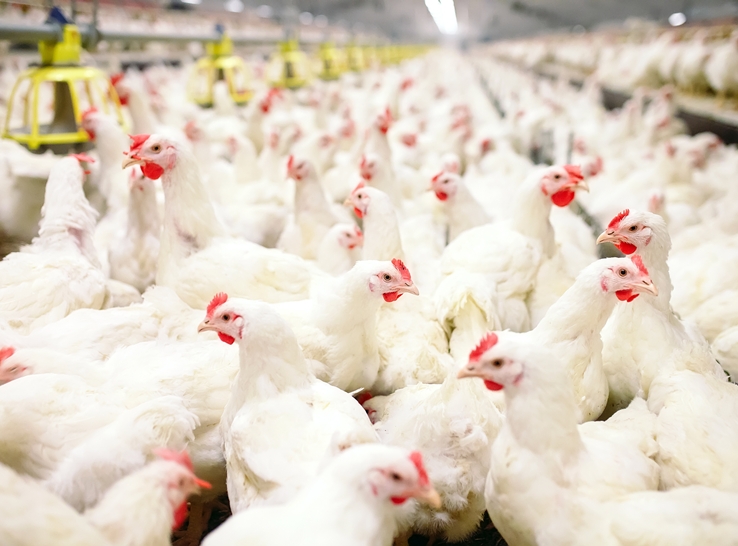
Abstract: Evaluation of the development of resistance following prolonged use of synthetic anticoccidials in a high challenge floor pen model

In the poultry sector, avian metapneumovirus (aMPV) infections can lead to severe economic repercussions, manifesting as drops in egg production and increased mortality, which lead to costly veterinary interventions and biosecurity measures. Researchers described the development of an assay, which was found to be capable of concurrently detecting and distinguishing among aMPV-A, aMPV-B and aMPV-C.

Avian metapneumovirus has not been detected in the US since the 1990s. So, it was a surprise in 2023 when cases began surfacing in Virginia, West Virginia and North Carolina. By January 31, 2024, the Georgia Poultry Laboratory Network received its first suspect case. Here’s what they did.
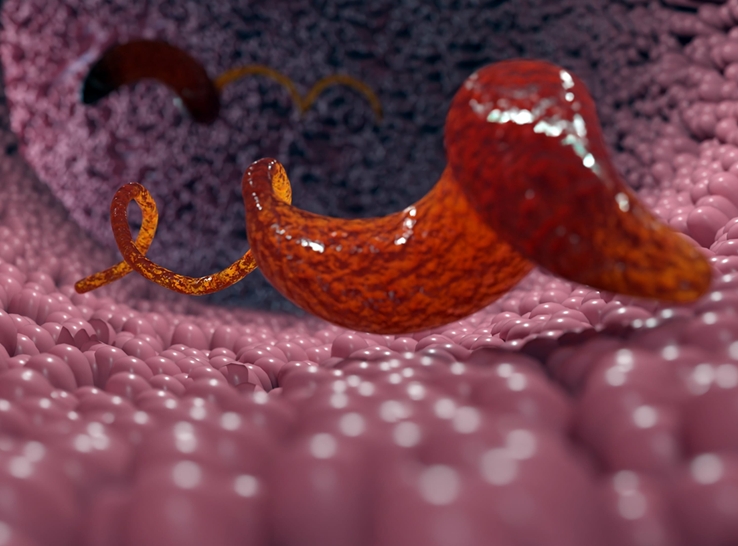
Recently, Campylobacter hepaticus was identified as the causative agent for chicken spotty liver disease (SLD), an illness which manifests as acute infectious hepatitis and causes a significant drop in egg production and high mortality in layer chickens. Researchers from Iowa State University, led by Orhan Sahin, DVM, PhD, are studying Campylobacter bacterins in the control of SLD.
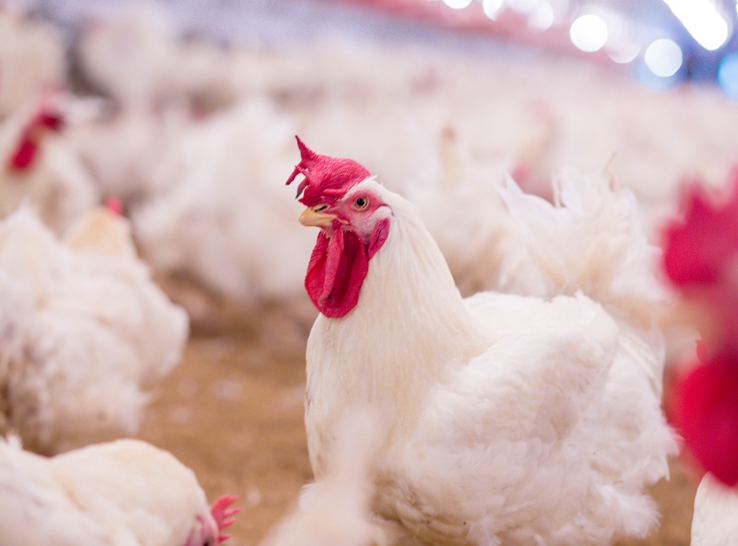
A precision poultry-feeding system developed by University of Alberta scientists has the potential to bring improved fertility, better flock uniformity and significant savings for broiler breeder producers.
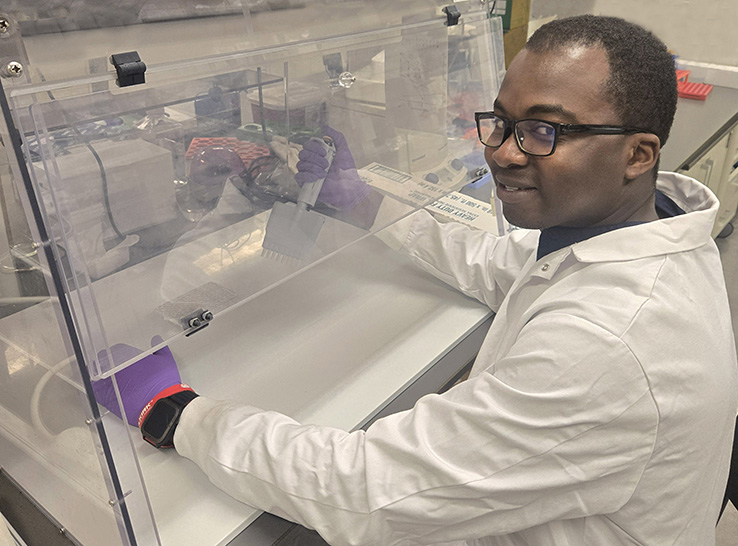
A “Rising Stars” article
by Emmanuel Alagbe, MS
PhD Candidate
Graduate Research and Teaching Assistant
Purdue University, West Lafayette, Indiana